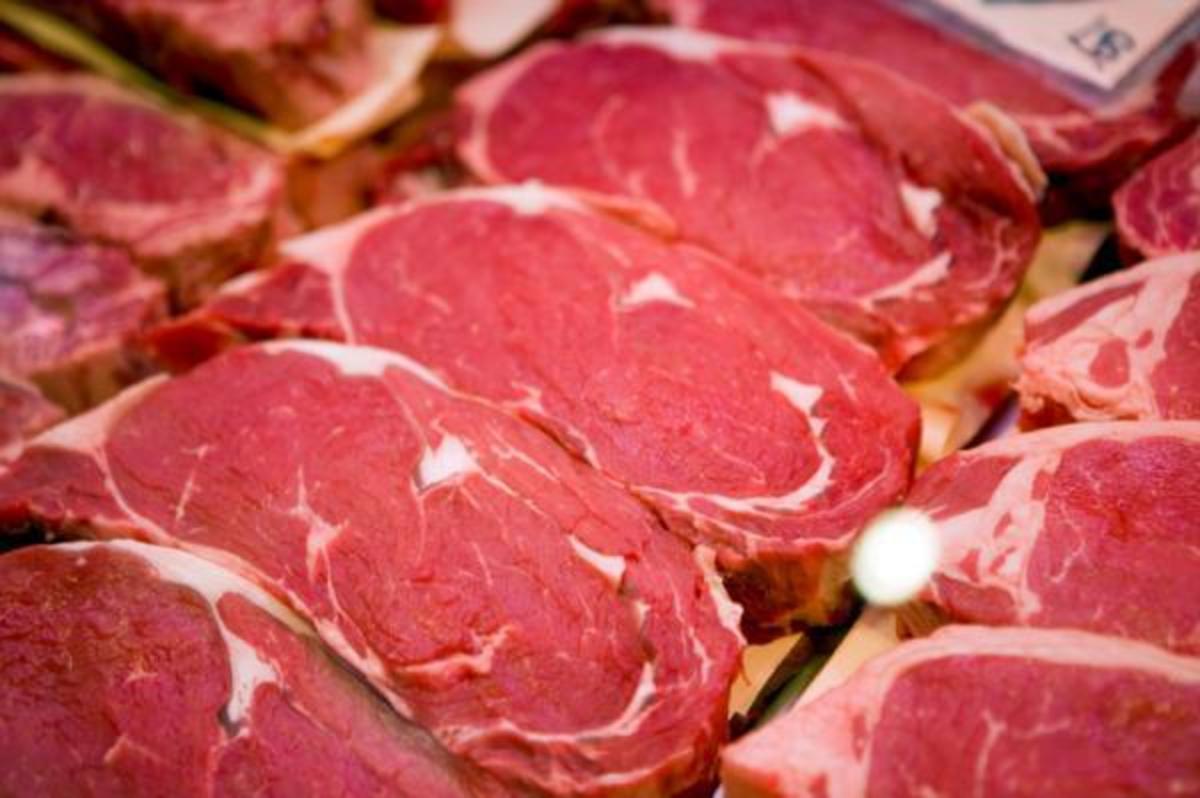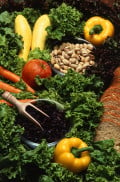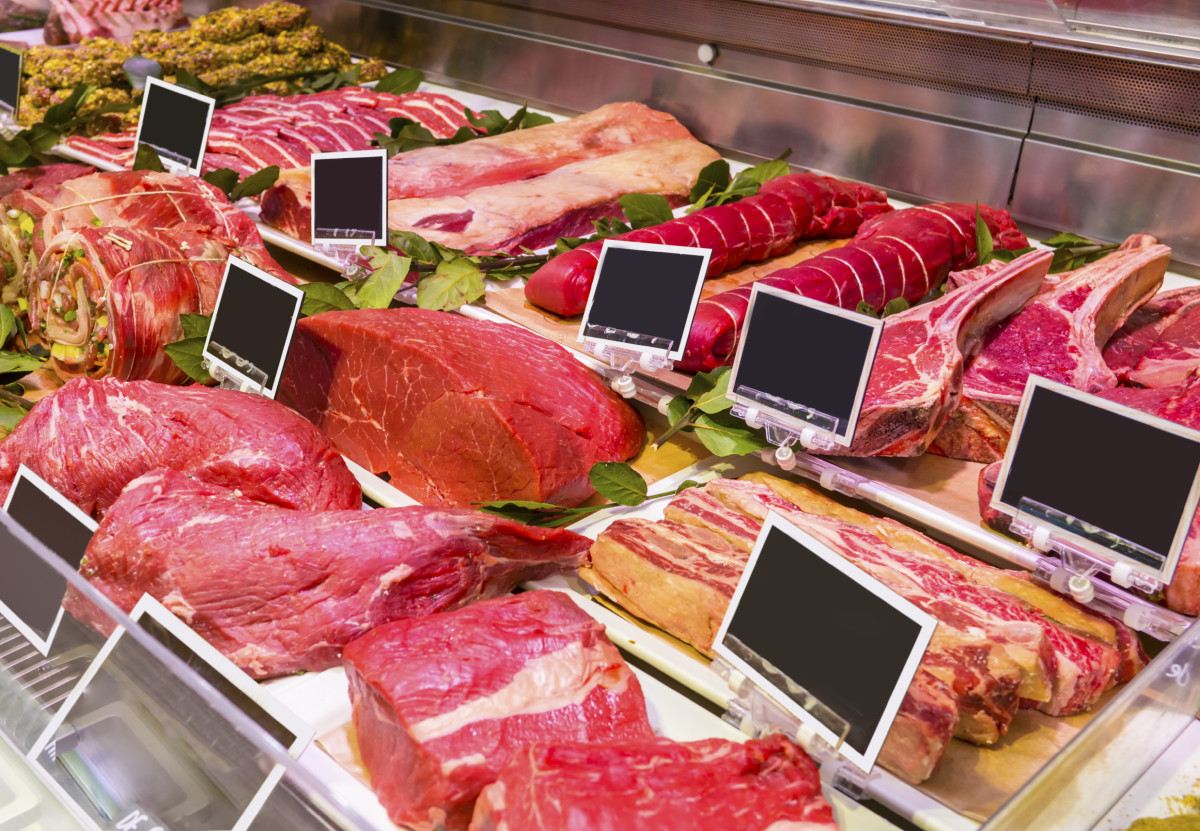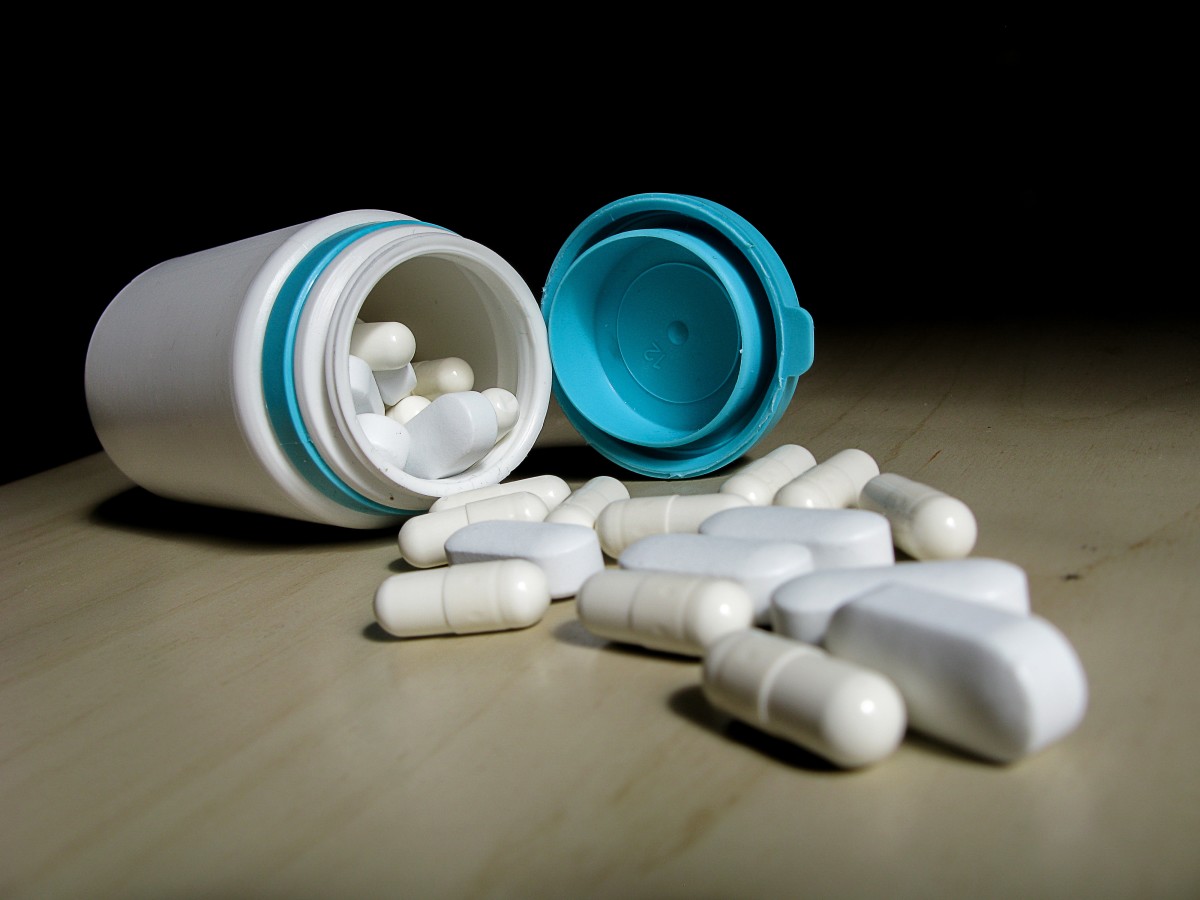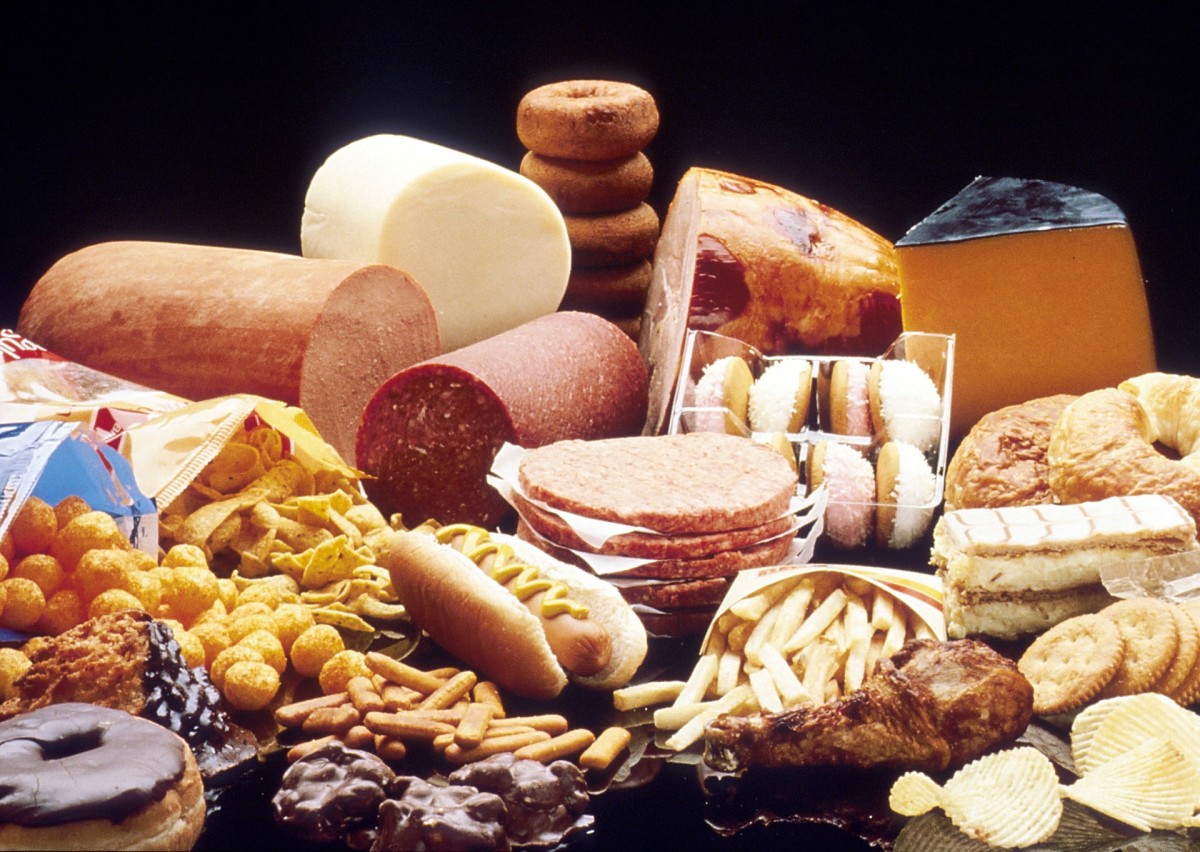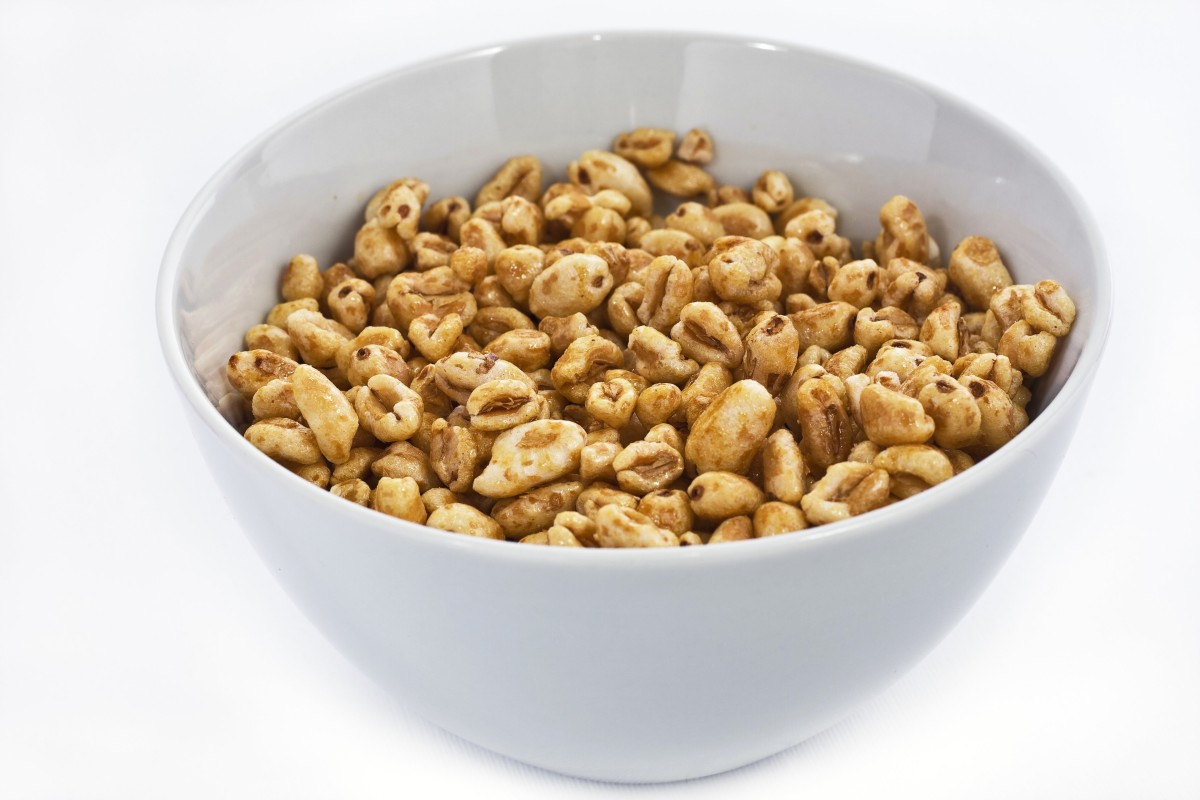Foods high in iron for pregnant women
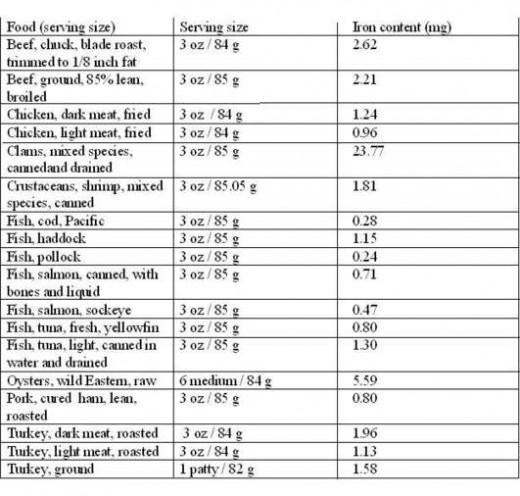
List of foods high in iron
Iron is the most important mineral that assist in the transportation of oxygen throughout the body. Women lose twice as much iron as men and are more likely to be deficient, particularly during the child bearing years. The best way to help get iron for pregnant women is to take it with food that is high in vitamin C. For example, you can drink orange juice along with iron fortified cereal or meat with spinach. Vitamin C rich foods include citrus fruits such as oranges, sweet red and green peppers, peaches, broccoli, strawberries, potatoes, cantaloupes, and tomato products. Vitamin C and iron can help each other in your body. Vitamin C help the body to absorb non heme iron. Non heme iron is more absorable when it is consumed together with heme iron. Heme iron found in meat, and non heme iron found in egg yolks, iron fortified breakfast cereals, bran, spinach, prune juice, kidney beans, lima beans, whole wheat bread and soybean nuts.
Caffeine and calcium block the absorption of iron . So try to avoid coffee, tea and dairy prodcuts when you are trying to get iron. Here is a list of foods high in iron for pregnant women.
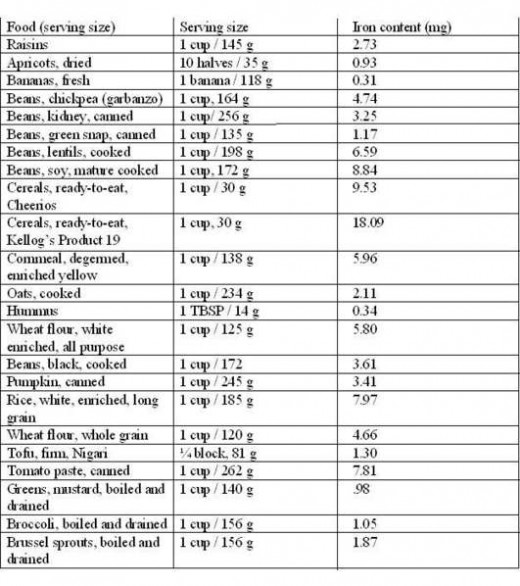
List of foods high in iron for pregnant women:
1. Meat: Some of the meats high in iron for pregnant women include liver and lean red meats such as beef, lamb, and pork. Also seafood has high amounts of iron content. Seafood such as salmon, clams, oysters, tuna and shrimp. Other meats include egg yolks, chicken and turkey.Tuna has high levels of mercury. This may affect your baby's developing nervous system. Limit your intake of liver content. Women who consume too much may have greater incidence of birth defects in babies.
- 3 oz of cooked shrimp has 2.6 mg of iron.
- 3 oz of canned salmon with bones and liquid has 0.71mg of iron.
2. Beans: Another food high in iron for pregnant women is beans and its varieties. Beans has high amounts of iron. Some of the bean varieties include kidney beans, lima beans, pinto beans, soy beans, navy beans, black beans and lentils. For example 1 cup of garbanzo or chick peas has 4.74mg of iron.
3. Vegetables: Iron is present in green leafy vegetables such as spinach, broccoli, collard greens, cabbage and turnip greens. Other vegetables include tomatoes, brussel sprouts, potatoes with skin, green peas, beet root greens, parsley, mint and eggplant.
4. Fruits: Raisins, bananas, watermelon, prunes, dates, pumpkin and apricots has high amounts of iron.
- 1 cup of raisins has 2.73 mg of iron.
- 10 halves dried apricots has 0.93 mg of iron.
- 1 fresh banana has 0.31 mg of iron.
- 1 cup of canned pumpkin has 3.41 mg of iron.
- 1 cup of prune juice has 3.0 mg of iron
Pregnancy nutrition guide:
5. Nuts and seeds: Some of the nuts and seeds include pumpkin seeds, figs, almomds, cashewnuts, sesame and tahini.
- 2 tablespoon of pumpkin seeds has 2.5 mg of iron
- 2 tablspoon of dried figs has 2.0 mg of iron
- 2 tablespoon of almonds has 1.3 mg of iron
- 2 tablspoon of cashewnuts has 1.0 mg of iron
- 2 tablespoon of tahini has 1.2 mg of iron
- 2 tablespoon of sesame has 1.2 mg of iron
6. Other foods: Other foods high in iron for pregnant women include wheat flour, turmeric, molasses, whole grains, almonds, all purpose flour, hummus, tofu, bagel, pastas, breads, rice and iron fortified cereals.
For example
- 1 cup Wheat flour has 5.80mg of iron.
- 1 tablespoon of hummus or 14g has 0.34 mg of iron.
- 1 tablespoon of molasses has 3.5 mg of iron.
Recommened dietary allowance of iron:
For children
- 0-6 months 6 mg per day
- 6-12 months 10 mg per day
- 1-10 years 10 mg per day
- Women
11-50 years 15 mg per day - 50+ years 10 mg per day
- Pregnant women 30 mg per day
- Lactating women 15 mg per day
Men
- 11-14 years 12 mg per day
- 19 years and over 10 mg per day
Before taking any form of iron supplements, consult your health care provider.


